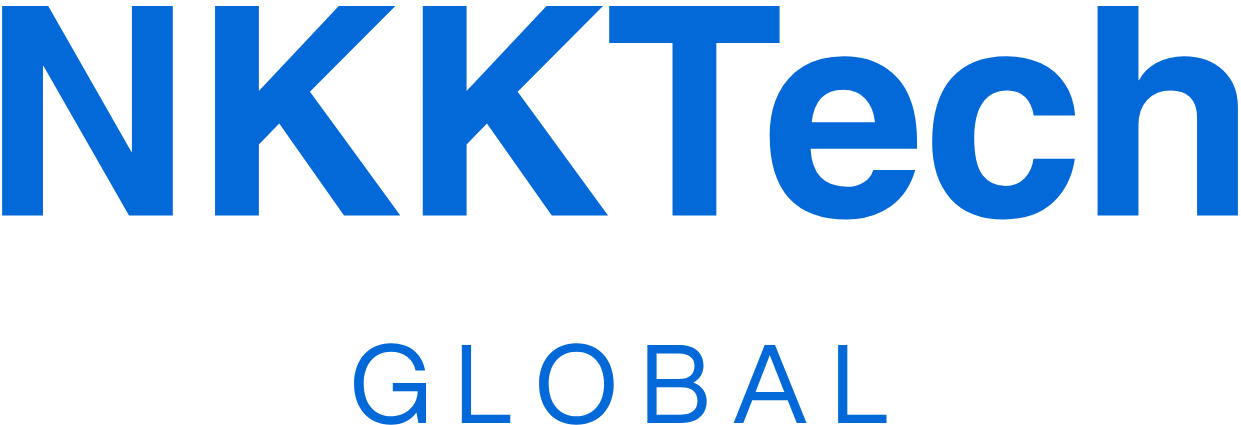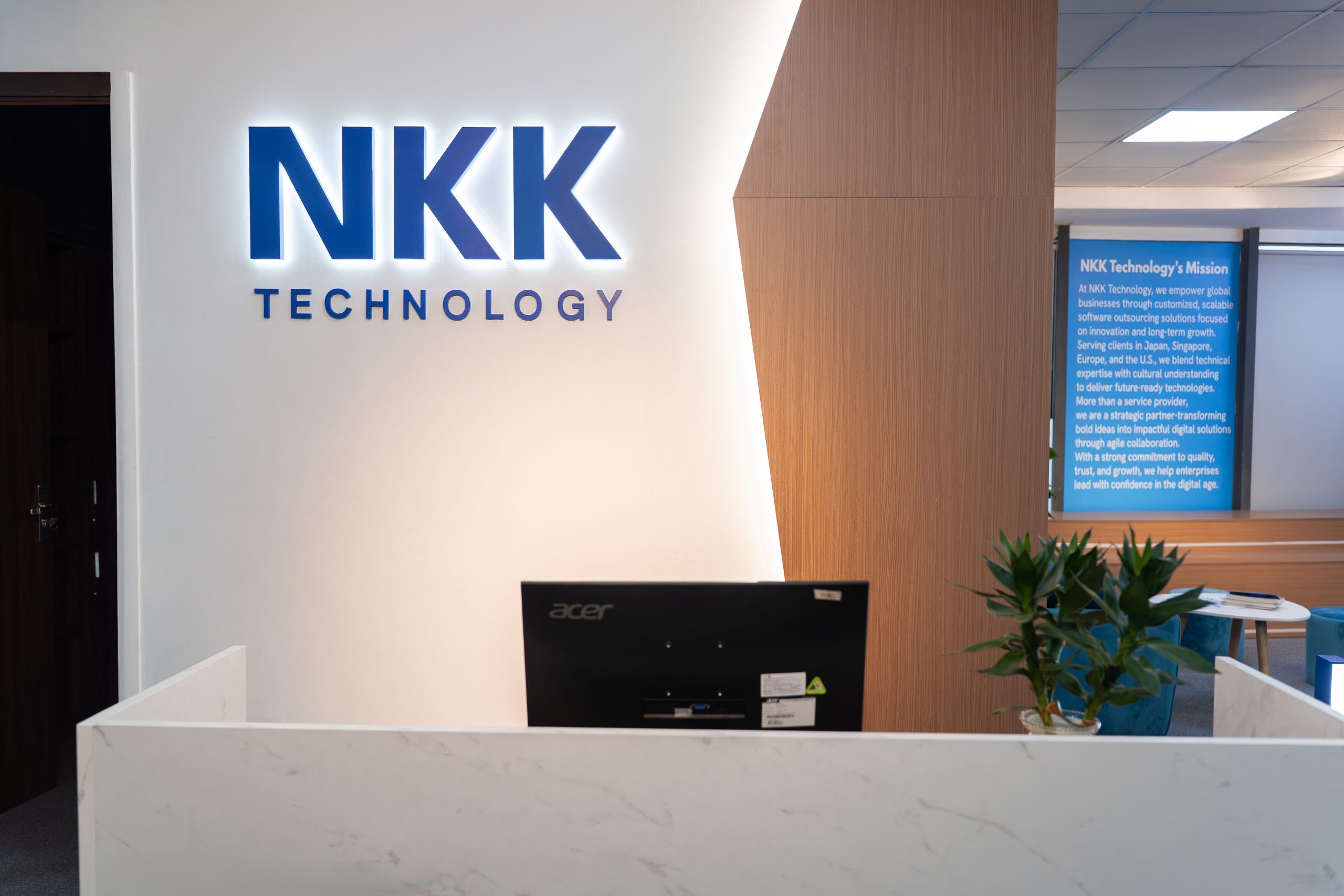Introduction
With the rapid growth of global business, many companies are adopting offshore development to reduce costs and accelerate delivery. Offshore development in countries like Vietnam has become increasingly popular. However, one of the biggest challenges companies face is time management.
Differences in time zones, cultural gaps, and managing multiple projects simultaneously often create inefficiencies. This article explores the challenges of offshore development time management, practical solutions, and how NKKTech Global provides proven strategies for success.
Time Management Challenges in Offshore Development
1. Time Zone Differences
While Japan and Vietnam only have a 2-hour difference, working with clients in Europe or the U.S. can involve 8+ hours of time zone gaps. This often leads to delays in communication and decision-making.
2. Communication Frequency and Quality
In offshore development, daily or weekly reporting is essential. Without a structured reporting process, misunderstandings and task delays are likely to occur.
3. Lack of Task Visibility
When multiple teams are working simultaneously, task progress can become unclear. This lack of transparency often leads to missed deadlines and quality issues.
NKKTech Global’s Approach to Time Management
1. Agile Development with Sprint Planning
NKKTech Global applies agile methods to manage projects in short sprints. Each sprint includes reviews and feedback loops, helping eliminate wasted time and ensuring consistent progress.
2. Use of Project Management Tools
We leverage Jira, Trello, and Asana to visualize tasks. This makes it clear who is responsible for which task and by when, ensuring transparency across the entire project.
3. Core Time Scheduling Across Time Zones
By setting overlapping “core hours,” NKKTech Global enables real-time communication between offshore and onshore teams. This reduces delays in decision-making and ensures smoother collaboration.
4. Progress Reports and Feedback Cycles
Daily reports combined with weekly detailed reviews allow clients to stay fully updated. Feedback is integrated quickly, minimizing wasted time and rework.
Case Studies
Case 1: Japanese System Development
A Japanese enterprise reduced its delivery timeline by 20% by working with NKKTech Global. Optimized time management led to faster turnaround and reduced costs while maintaining high quality.
Case 2: Collaboration with a U.S. Client
Working with a U.S. client involved an 8-hour time difference. By combining core time scheduling and agile sprints, NKKTech Global successfully minimized time zone challenges and delivered the project on schedule.
Best Practices for Efficient Time Management
1. Define Clear KPIs
Establishing measurable KPIs (Who, What, When) ensures accountability and eliminates wasted time.
2. Automate Repetitive Tasks
CI/CD pipelines and automated testing significantly reduce time spent on manual work.
3. Encourage Two-Way Communication
Combining chat tools (Slack, Microsoft Teams) with online meetings (Zoom, Google Meet) ensures real-time collaboration.
4. Apply Continuous Improvement (PDCA Cycle)
By following the Plan → Do → Check → Act cycle, time management and overall process quality can be improved consistently.
Conclusion
Offshore Development Time Management is a critical factor in determining project success. NKKTech Global combines agile development, project management tools, core time scheduling, and structured reporting to maximize efficiency and productivity.
If your organization is facing challenges with time management in offshore projects, NKKTech Global is here to help you achieve better results.
Contact
- Email: contact@nkk.com.vn
- Website: https://nkk.com.vn




